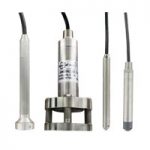
The Mercoid® Division of Dwyer Instruments, Inc. offers four series of submersible level transmitters with different features suitable for different applications: the FBLT, PBLT, MBLT, and SBLT.
Submersible Level Transmitters are pressure transmitters manufactured to read hydro-static pressure from inside the fluid. These transmitters are submersed into the fluid that they are measuring and will give an output proportional of the fluid level above the sensor location. Continue reading “Submersible Level Transmitters”
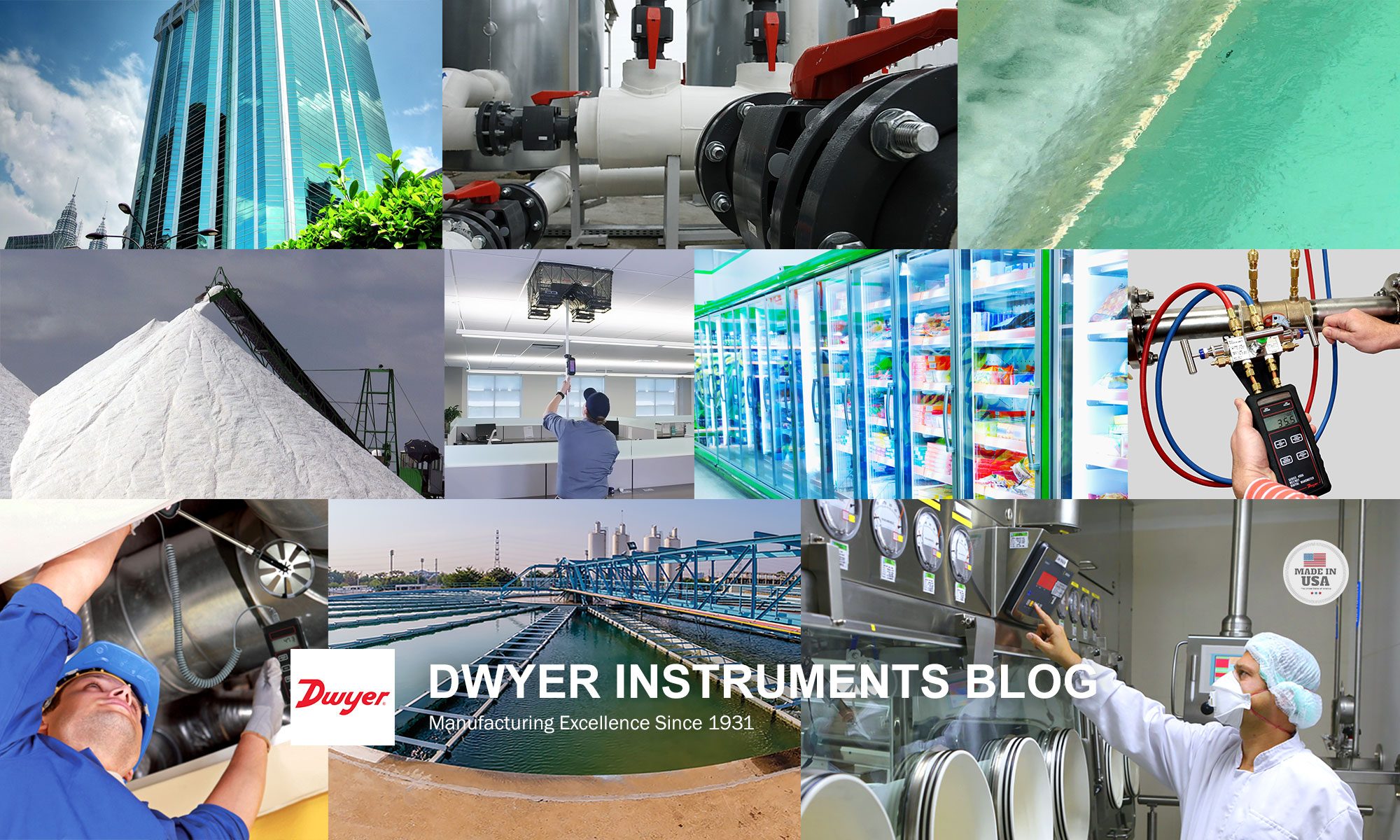
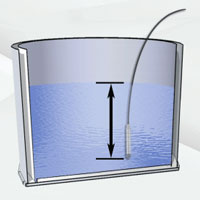
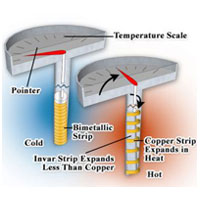
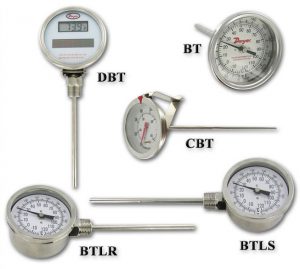

 ratings is important, particularly when looking to gain the optimum life from your product while avoiding any safety concerns. Included below is a straight forward easy to understand overview of enclosure ratings, including NEMA types, IP ratings, and the difference between the two. We will be looking at these two common standards for industrial enclosures, what they equate to, some alternatives, and how to best choose the right one for your application.
ratings is important, particularly when looking to gain the optimum life from your product while avoiding any safety concerns. Included below is a straight forward easy to understand overview of enclosure ratings, including NEMA types, IP ratings, and the difference between the two. We will be looking at these two common standards for industrial enclosures, what they equate to, some alternatives, and how to best choose the right one for your application. 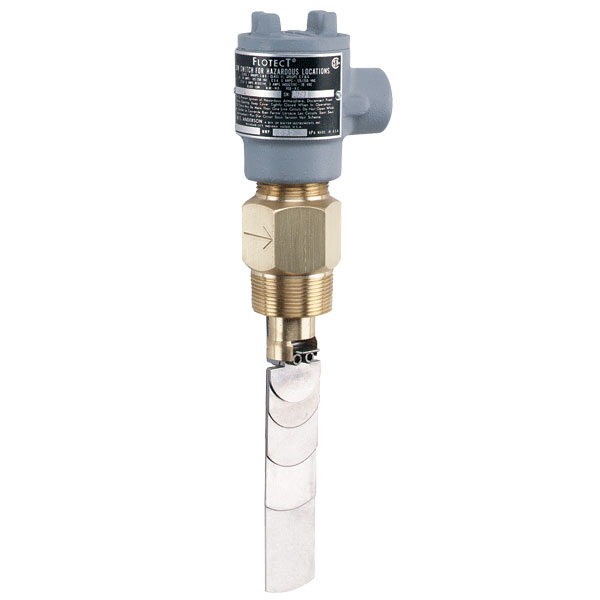
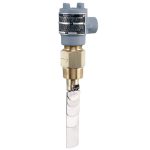
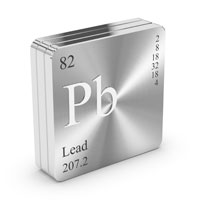
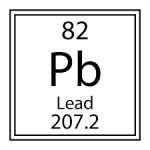 water meter for my home or business and am unfamiliar and unlicensed with those specific regulations, am I putting myself or my business at risk? Particularly something like lead, which according to the
water meter for my home or business and am unfamiliar and unlicensed with those specific regulations, am I putting myself or my business at risk? Particularly something like lead, which according to the